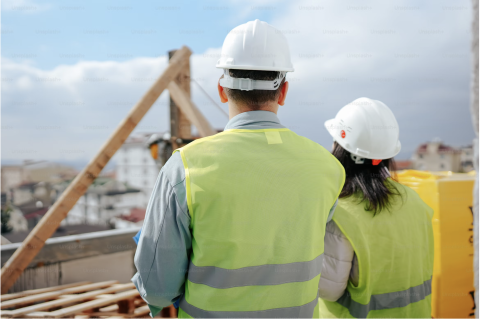Senior and technical local government staff and elected officials are encouraged to attend a BC government webinar on proposed amendments to the Heritage Conservation Act (HCA) on August 12, 9am – noon PDT. Register in advance to ensure you receive an information package from the Ministry of Forests beforehand.
Written submissions with feedback on the proposed amendments will be accepted until October 1, 2025 via email.
Local government staff or elected officials unable to attend the webinar may attend one of two webinars for general stakeholders, planned for August 20 and September 17. Email the Ministry of Forests to request the registration link for the general stakeholder webinars.
September 10, 2025 edit: Online engagement on the HCA review has since been made available.
Background
The Heritage Conservation Act encourages and enables the protection and conservation of sites with historical, cultural and/or archaeological value in BC. These sites hold physical evidence of how and where people lived. Many of these sites in BC are culturally sensitive, contain ancestral remains, and have important sacred and spiritual value to First Nations. Altering these protected sites without a permit is prohibited under the Act.
In 2022, the Ministry of Forests began work with the Joint Working Group on First Nations Heritage Conservation to reform the HCA, aiming to improve its administration and ensure the Act is consistent with the UN Declaration on the Rights of Indigenous Peoples. Phases 1 and 2 of broad engagement with First Nations, local governments, and stakeholders took place in 2022 and 2023. Ministry of Forests is now proceeding into Phase 3 of the project: developing proposed legislative amendments for provincial government direction in late fall 2025, with a target to introduce new legislation in spring 2026.
According to the Ministry of Forests, the HCA reforms are intended to:
- streamline permitting and provide clarity regarding rules and processes
- support quicker rebuilding after disasters such as wildfires and floods
- reduce the risk of accidental damage to sacred or other significant heritage sites
- strengthen the role of First Nations in decision-making about their own heritage and ancestors, in alignment with the Declaration Act
- increase transparency and access to information, to support planning and development decisions
UBCM would observe that the Phase 1 and 2 engagement, in which some local governments might have participated, was extremely high level. The specific and detailed legislative amendments now being proposed were co-developed by the provincial government and First Nations representatives, with no local government involvement. It is unclear how much room there is for any changes to these proposed amendments. Nonetheless, the Aug 12 webinar is one of the only opportunities for local governments to learn about potential shifts in regulation of heritage conservation.
UBCM Policy on HCA
The UBCM membership endorsed resolutions 2019-B52 and 2007-B139, calling on the Province to fund expenditures borne by local governments, who must record and document archaeological findings in accordance with the HCA, when they uncover archaeological sites during routine excavation for infrastructure work in communities (e.g. road, sewer, and water services). In response to the 2019 resolution, the provincial government indicated that it does not have any funding available to support local governments with the costs of archaeological work.
UBCM members also endorsed resolution 2013-LR1, which asked the provincial government to amend the HCA to provide fair, balanced, and reasonable treatment of property owners impacted by unregistered or undiscovered archaeological sites on fee simple property.

